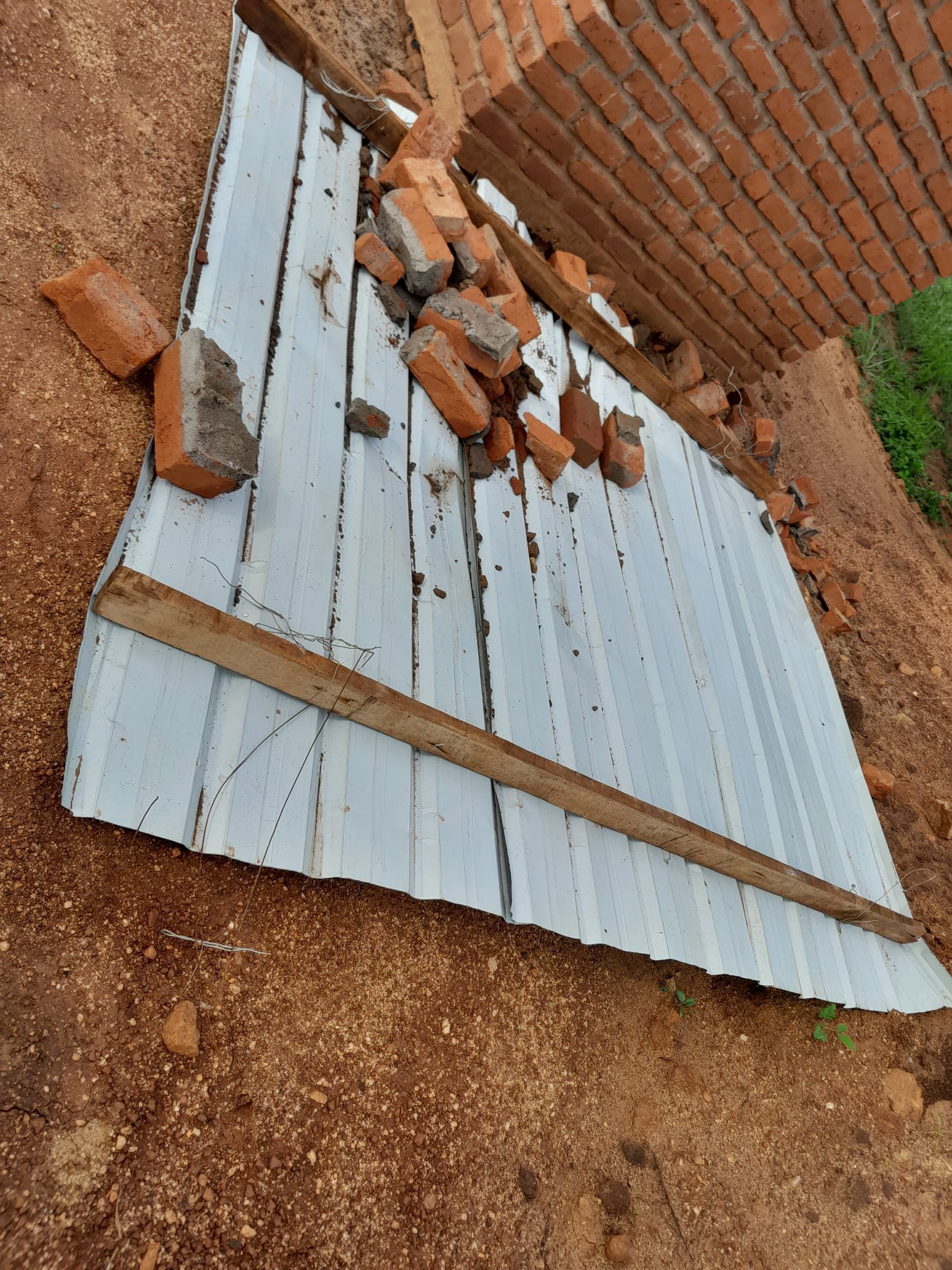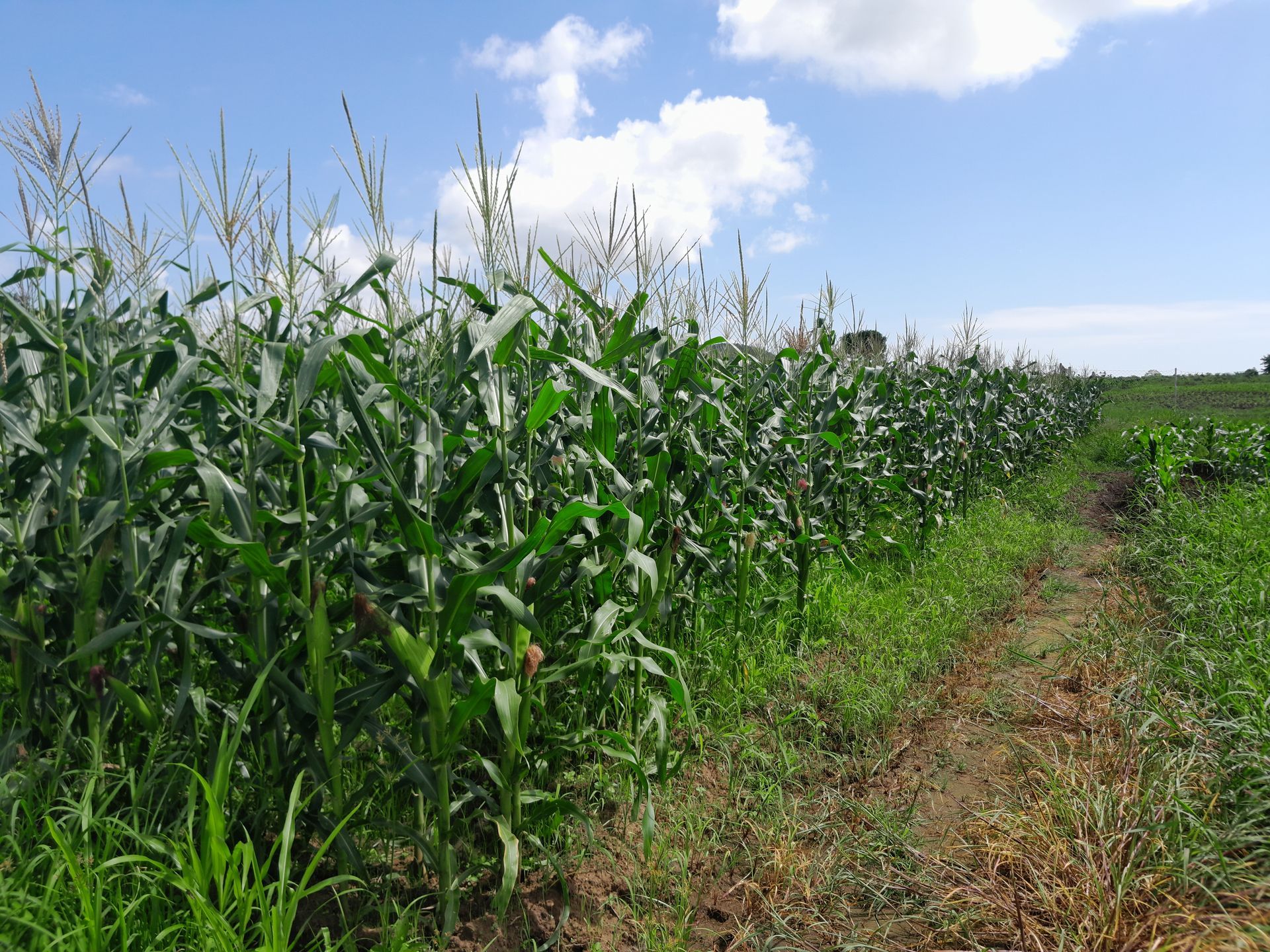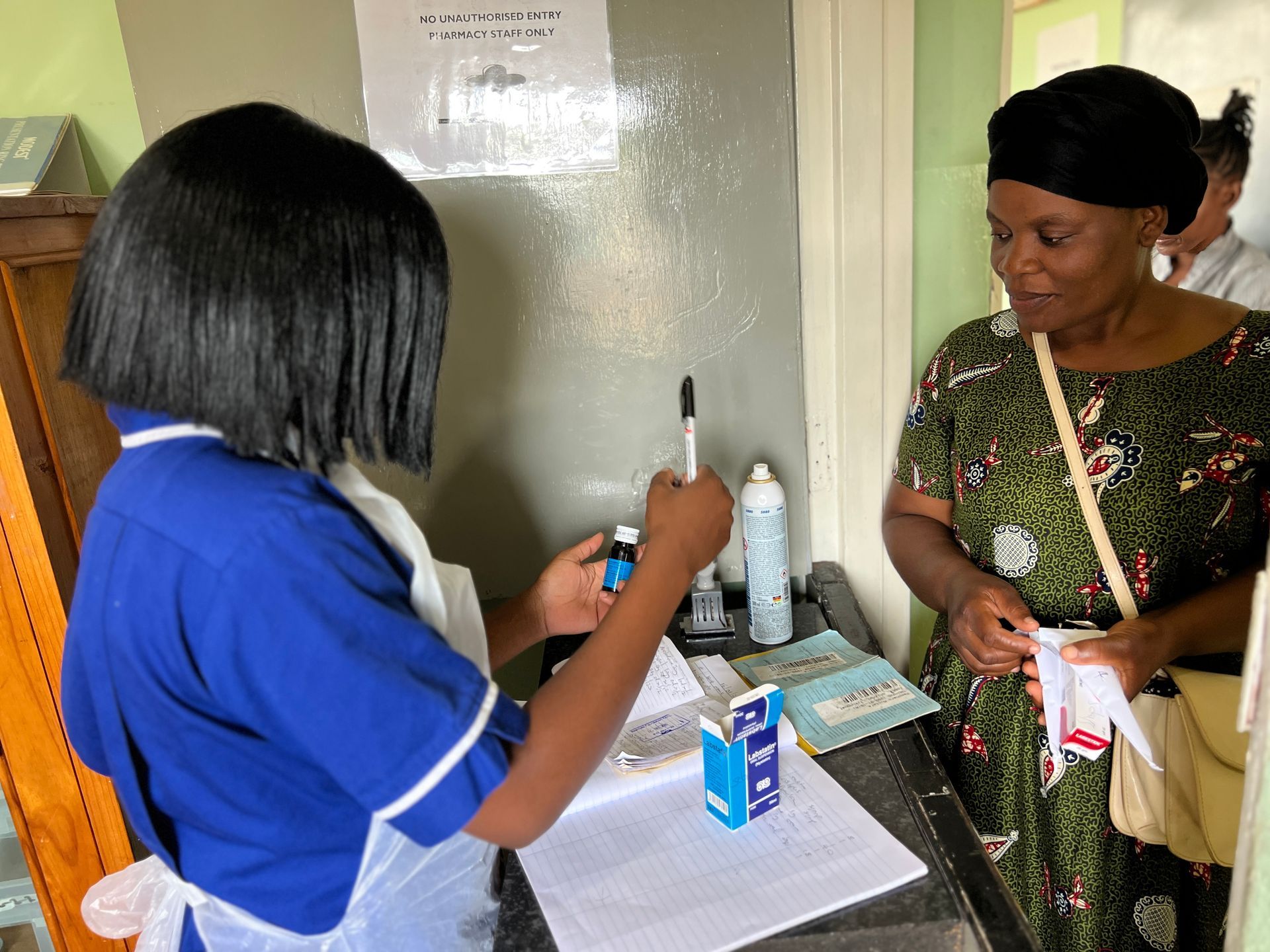Bridging the Gap: The Vital Role of Sparkle Clinic in Zomba's Healthcare Landscape
The Impact and Challenges of Sparkle Clinic in Delivering Primary Healthcare in Rural Malawi

Introduction
In Malawi, the Ministry of Health offers free primary and secondary healthcare services across the country. Despite this, the average Malawian must travel more than eight kilometres to access healthcare, with distances even greater in rural areas.
The Ministry of Health has a particular focus on the Malawi National Strategic Plan 2023-2030, which aims to eliminate diseases like malaria, a significant public health concern and the leading cause of illness and death. Despite the challenges, the Ministry is committed to ensuring access to quality primary healthcare. The Sparkle Foundation is recognised as a key health stakeholder by the National Health Policy, largely due to the impactful services provided by the Sparkle Clinic in the T/A Mwambo area of Zomba.
1. Sparkle Clinic’s Reach and Impact
Operating under the guidelines of the Ministry of Health, the Sparkle Clinic was initially established to provide primary healthcare, particularly for children under five. However, due to its positive impact, the clinic has expanded its services to meet the growing needs of the community, specifically the 17 Group Village Heads (GVHs) in T/A Mwambo, Zomba.
Originally intended to serve these 17 villages, the clinic has seen patients coming from beyond its catchment area, drawn by the quality of care and resources available. The average number of outpatient visits has increased from 30 to 70 per day, a significant rise compared to the average of 174 per day in government health centres in southeastern Malawi for the 2023/2024 calendar year.
In a recent meeting with the Ministry of Health, represented by Matawale Health Centre, the Ministry expressed its satisfaction with the growth and impact of the Sparkle Clinic. They noted the increasing number of patients from outside the catchment area and committed to continuing their support, including the donation of essential medical supplies. This partnership is vital as the Sparkle Foundation continues to support the health sector in Malawi, particularly in Zomba.
2. Population Growth and Clinic Services
Malawi’s population has been steadily growing, with about 87% of people living in rural areas. According to the National Statistical Office (NSO) 2018 data, T/A Mwambo, where the Sparkle Clinic is based, had a population of 151,997, which has increased by 2024 due to various factors. Most of this population relies on piecework and free healthcare services provided by the government and Sparkle.
With this population growth, emergency and primary healthcare services are increasingly strained, with Malawi having one of the lowest physician-to-patient ratios in the world at just 0.2 physicians per 1,000 patients. While the Sparkle Clinic cannot treat every patient due to the large demand, its setup, limited resources, and infrastructure provide crucial services, including ambulance transport to Matawale Health Centre, the government facility that oversees the clinic.
The Sparkle Clinic also plays a vital role in supporting the children enrolled in the Sparkle Early Childhood Development Centre (ECD). The clinic offers comprehensive medical services and scheduled nutrition assessments as part of the feeding programme at the Sparkle Foundation. For more complex needs, such as full blood counts or orthopaedic reviews, the Sparkle ambulance ensures patients receive the necessary care.
Conclusion
The Sparkle Clinic, located in T/A Mwambo, Zomba, serves over 17 villages and beyond, providing free primary healthcare services. Common conditions at the Sparkle clinic include upper respiratory tract Infection, gastroenteritis, malaria, skin conditions, gastritis and hypertension. In August we tested 180 patients with signs of malaria. As Sparkle clinic we are working on community sensitizations and clinic health talks on malaria apart from treating and referring malaria patients. However, the clinic faces challenges due to limited resources and high community demand. Despite these challenges, the clinic is a crucial lifeline, bridging the gap between impoverished local Malawians and quality healthcare.
The clinic urgently calls for support from donors to help provide resources and facilitate its growth. This support will enable the clinic to manage more medical conditions in-house and reduce the need for referrals to secondary health facilities. By attending Sparkle-related events and volunteering with the Sparkle Foundation, individuals can contribute to improving the clinic’s impact on the community and Malawi as a whole.

GET INVOLVED
ABOUT
JOIN OUR MONTHLY NEWSLETTER
Contact Us
We will get back to you as soon as possible.
Please try again later.



